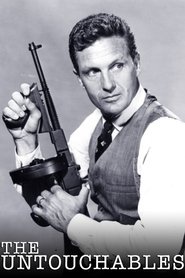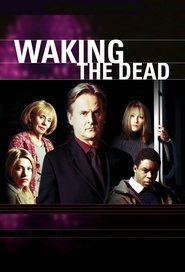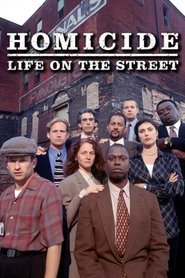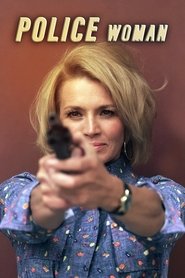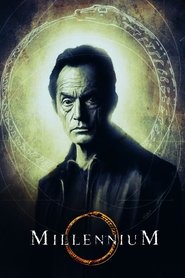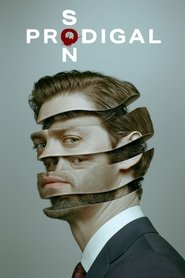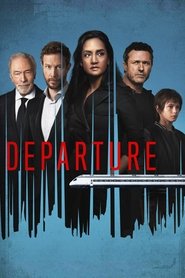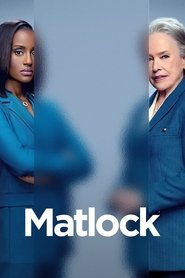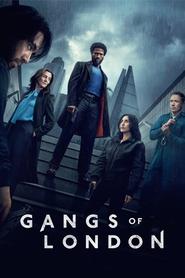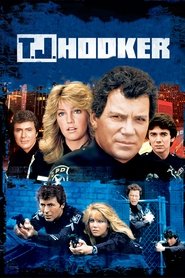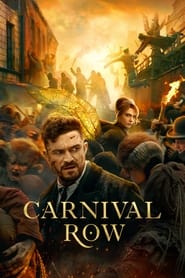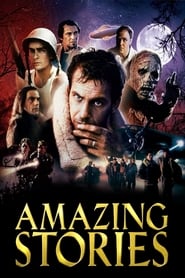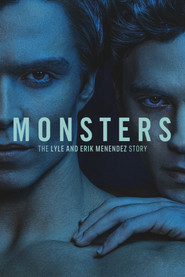Crime TV Series - Page 14
-
The Cleaning Lady
2022
The Cleaning Lady
2022
star 7.4A whip-smart doctor comes to the U.S. for a medical treatment to save her ailing son. But when the system fails and pushes her into hiding, she refuses to be beaten down and marginalized. Instead, she becomes a cleaning lady for the mob and starts playing the game by her own rules. -
Aashiqana
2022
Aashiqana
2022
star 6.3A serial killer sparks the story of uptight Yashvardhan and feisty Chikki. Plagued by misunderstandings, how far do they have to go to nab the murderer? -
The Untouchables
1959
The Untouchables
1959
star 7.8Special Agent Eliot Ness and his elite team of incorruptible agents battle organized crime in 1930s Chicago. -
Godfather of Harlem
2019
Godfather of Harlem
2019
star 8.1Loosely based on infamous crime boss Bumpy Johnson, who in the early 1960s returned from ten years in prison to find the neighborhood he once ruled in shambles. With the streets controlled by the Italian mob, Bumpy attempts to regain his piece of Harlem. -
Waking the Dead
2001
Waking the Dead
2001
star 7.2A detective team apply new techniques to old crimes as they solve cold cases. -
Homicide: Life on the Street
1993
star 8.1An American police procedural chronicling the work of a fictional version of the Baltimore Police Department's Homicide Unit. -
Police Woman
1974
Police Woman
1974
star 6.2Sergeant “Pepper"” Anderson, an undercover cop for the Criminal Conspiracy Unit of the Los Angeles Police Department, poses undercover from mob girl to prostitute. -
Seven Detectives
2015
Seven Detectives
2015
star 7.4Yū Amagi is a slightly eccentric detective who has been assigned to the Twelfth Section of the Tokyo Metropolitan Police Department's First Investigative Division from the Lost and Found Centre. The Twelfth Section is called the "graveyard of detectives" and ridiculed as the "banishment room where hardened detectives who cannot be fired are sent." Its assembled detectives Kōsuke Samura, Takumi Yamashita, Keita Nagasawa, Tamaki Mizuta, and Masatoshi Katagiri are elite and yet oddballs. Amagi appears fixated with time which seems to have no relation with a case. Raising questions about the timelines of the perpetrator and victim derived from the estimated time of death, time of crime, time of alibi, and time limit, he searches for the meaning of "blank time" which arises from this. He obsesses over the weight of every minute and second of time because of some incident. -
Millennium
1996
Millennium
1996
star 7.7A retired FBI serial-profiler joins the mysterious Millennium Group, a team of underground ex-law enforcement experts dedicated to fighting against the ever-growing forces of evil and darkness in the world. -
The Valley of The Wolves
2003
star 7.2Valley of the Wolves was a Turkish television drama which broadcast mainly on Show TV and then transferred to Kanal D, then atv for its last season. It was mostly about an agent named Polat Alemdar who leaked into the mafia after his plastic surgery. The scenario has direct and indirect references to the Turkish politics and political history from a viewpoint of an undercover agent. Valley of the Wolves became one of the most successful TV shows in Turkey and produced a successful feature film named Valley of the Wolves: Iraq. -
Prodigal Son
2019
Prodigal Son
2019
star 8.1The son of a notorious serial killer becomes an acclaimed criminal psychologist who uses his unique insight into how killers think to help the NYPD. -
Departure
2019
Departure
2019
star 6.5Follow the mystery of Flight 716 - a passenger plane that vanishes over the Atlantic Ocean. Following the mysterious crash, recently widowed, brilliant aviation investigator Kendra Malley is called in to investigate by her former boss and mentor Howard Lawson. -
Matlock
2024
Matlock
2024
star 7.1After achieving success in her younger years, the brilliant septuagenarian Madeline Matlock rejoins the workforce at a prestigious law firm where she uses her unassuming demeanor and wily tactics to win cases and expose corruption from within. Inspired by the classic television series of the same name. -
Gangs of London
2020
Gangs of London
2020
star 7.8When the head of a criminal organisation, Finn Wallace is assassinated, the sudden power vacuum his death creates threatens the fragile peace between the intricate web of gangs operating on the streets of the city. Now it’s up to the grieving, volatile and impulsive Sean Wallace to restore control and find those responsible for killing his father. -
T. J. Hooker
1982
T. J. Hooker
1982
star 6.5Sergeant Thomas Jefferson Hooker is a tough-as-nails veteran police officer with the LCPD who turns his back on a gold badge and goes back to patrolling the streets and training recruits. Along with his young partners in blue, Hooker take on Lake City's toughest criminals. -
Carnival Row
2019
Carnival Row
2019
star 7.7In a mystical and dark city filled with humans, fairies and other creatures, a police detective investigates a series of gruesome murders leveled against the fairy population. During his investigation, the detective becomes the prime suspect and must find the real killer to clear his name. -
Poker Face
2023
Poker Face
2023
star 7.5Follow Charlie Cale, a woman with an extraordinary ability to tell when someone is lying, as she hits the road and, at every stop, encounters a new cast of characters and crimes she can't help but solve. -
Amazing Stories
1985
Amazing Stories
1985
star 7.4A truly amazing, fantastical, science fiction, funny and odd, and sometimes scary, sad and endearing anthology series presented by Steven Spielberg with guest appearances by many famous actors, actresses, and directors. -
Monsters: The Lyle and Erik Menendez Story
2024
star 7.6The story of the Menéndez brothers, who were convicted in 1996 of murdering their parents José and Mary Louise “Kitty” Menéndez. -
Dragnet
1951
Dragnet
1951
star 6.4Follows the cases of a dedicated Los Angeles police detective, Sergeant Joe Friday, and his partners. The show takes its name from the police term "dragnet", meaning a system of coordinated measures for apprehending criminals or suspects.


